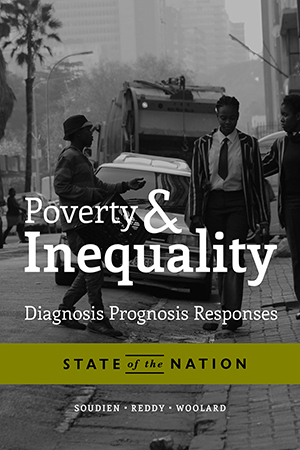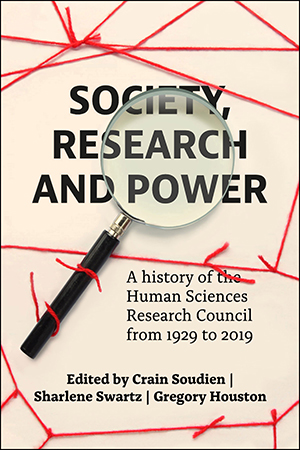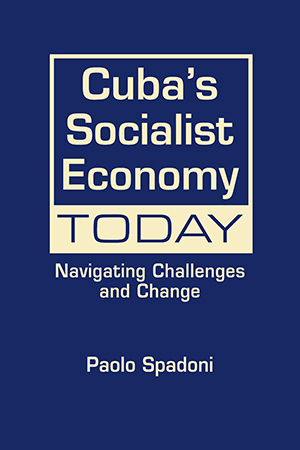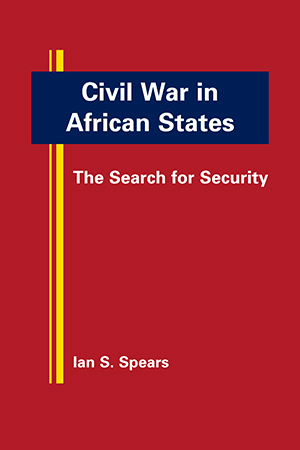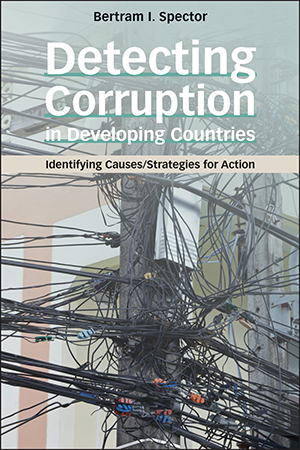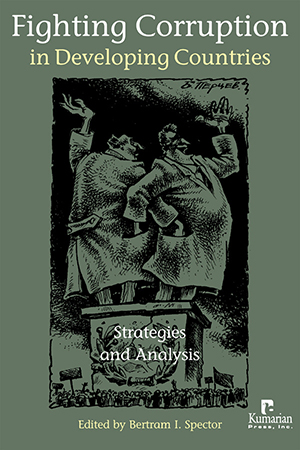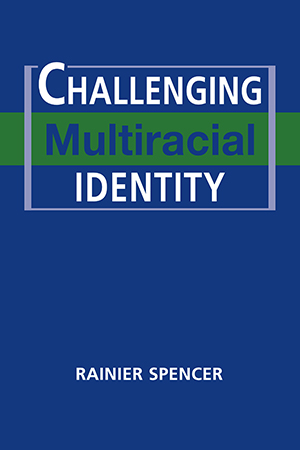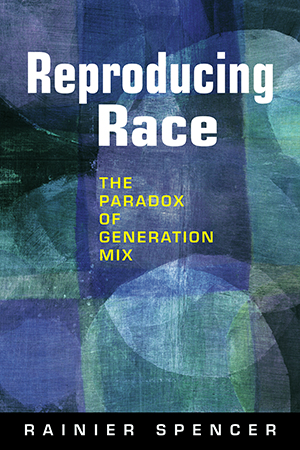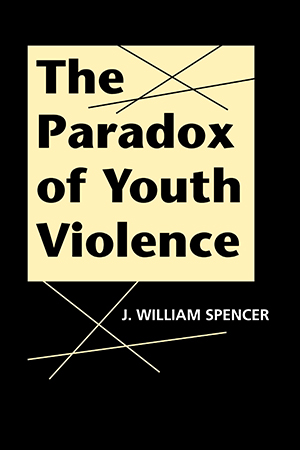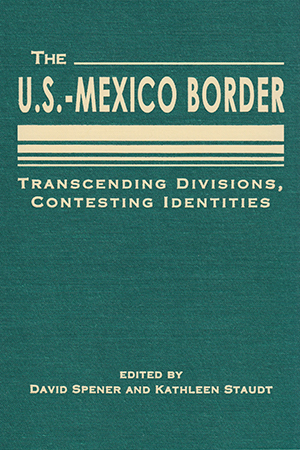BOOKS
Can the interconnected problems of poverty and inequality in South Africa be explained in ways that are distinctive from those that apply in other contexts and countries? How can efforts to More >
This scholarly reflection on state-based research commemorates the 90th anniversary of the National Bureau for Education and Social Research—South Africa's first public social More >
What does Cuba's socialist economy look like today, after a half-century of fluctuating strategies? Are the reforms instituted by Raúl Castro improving living conditions and More >
How do disputants in Africa's civil wars—rebel movements, ethnic groups, state leaders—find security in the midst of anarchic situations? Why do some rebel movements pursue a More >
Excessive government discretion, greed, and the abuse of power for private gain are widespread phenomena in developing countries, denying citizens the critical services that they are More >
In stark contrast to standard holistic studies of corruption, Fighting Corruption in Developing Countries argues that examining the issue through the lens of nine key development More >
What is multiracialism—and what are the theoretical consequences and practical costs of asserting a multiracial identity? Arguing that the multiracial movement bolsters, rather than More >
Is postraciality just around the corner? How realistic are the often-heard pronouncements that mixed-race identity is leading the United States to its postracial future? In his provocative More >
Winner of the Midwest Sociological Society Distinguished Book Award, 2013! Is a teenage violent offender a dangerous predator—or a vulnerable innocent that we should rescue from a More >
Exploring the construction of spatial lines and zones in physical, social, and academic terms, this volume presents the U.S.–Mexico border as a site from which to survey both the More >



